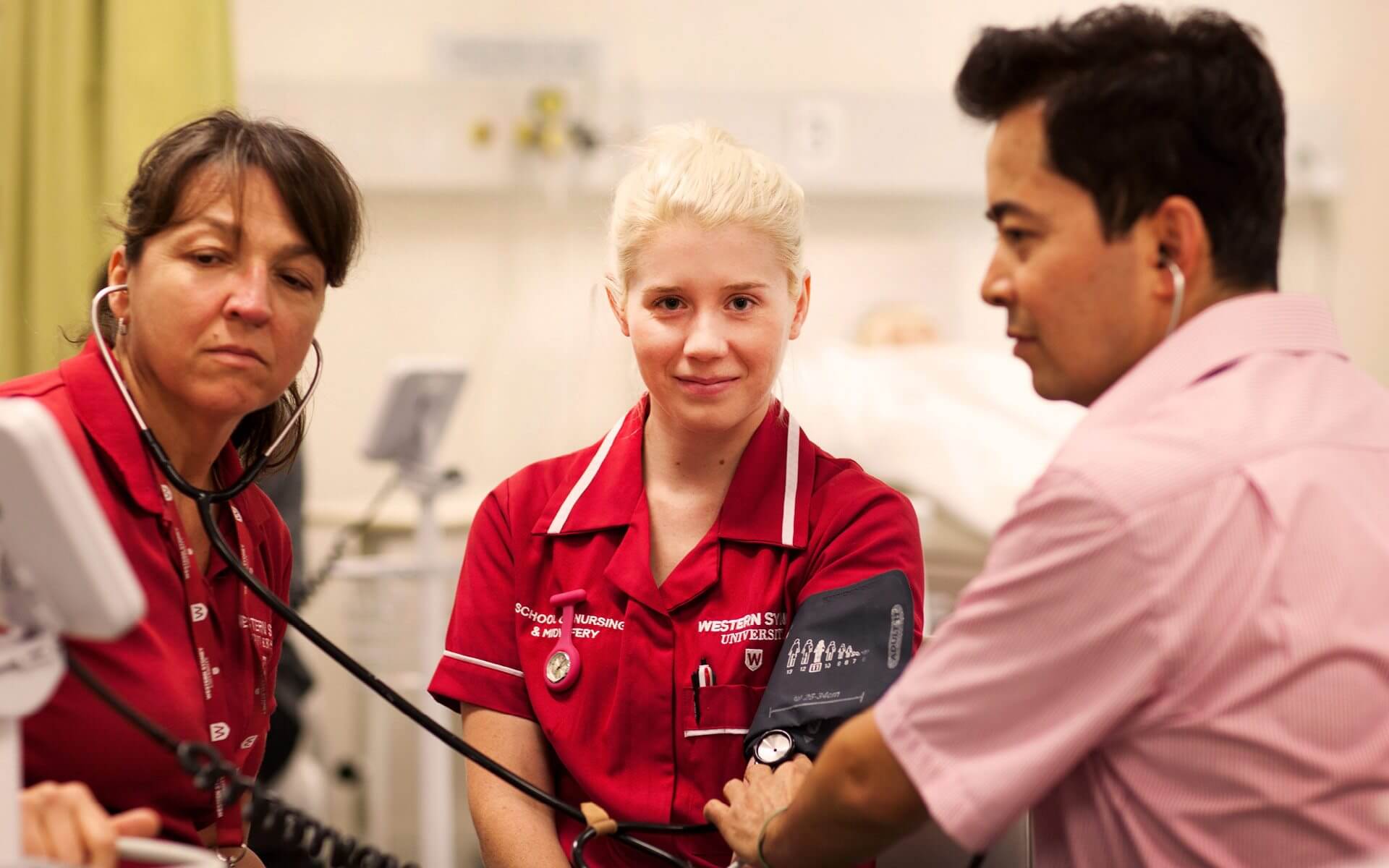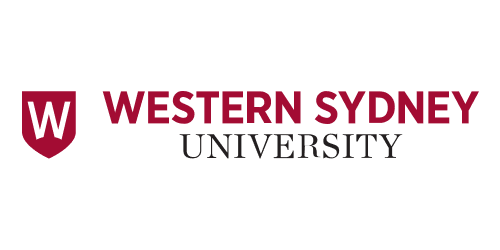





The entry requirements to study nursing will vary based on the exact course you want to do. Academic requirements will differ between educational institutions and the level of study you undertake. For the most accurate information, you should view the course information on the institution’s website.
Typically, you’ll need to have an Australian Senior Secondary Certificate of Education (Year 12) or the overseas equivalent.
For postgraduate courses, satisfactory completion of an undergraduate degree is required. However, some institutions may take relevant work experience or research ability into consideration as well.
For Vocational Education and Training (VET) Courses, most students will need to have reached a level of study equivalent to the Australian Year 10. Some courses may require extra prerequisite subjects or work experience.
When studying nursing in Australia, there are several skills that will help you be the best nursing professional you can be. While some things can be learned, these are some intrinsic skills you should possess, or be willing to work on:
A nursing course isn’t for everyone. It’s a largely active role, being on your feet all day and working long hours. You’ll also be working with all types of patients, most of who will be unwell. Empathy, compassion and understanding are essential soft skills to excel in a nursing career, as well as formal training in your chosen nursing field. If you have a passion for helping others and are interested in the human body and health, you will excel in a nursing course and subsequent career.
There are a couple of pathways to study nursing, from TAFE certificates to university-level degrees. To find the best nursing course in Australia, you need to decide where you want your nursing career to take you, while also taking into account your current level of nursing knowledge and any previous study you’ve done.
Here are some of the different nursing courses available in Australia:
You can complete a nursing course almost entirely online if you wish, enabling you to work at your own pace, at the time and location that suits you the most. However, even with an online nursing degree, there will be in-person practical lessons and placements. You can also complete a Nursing course in-class at selected educational institutions around Australia.
There are several career pathways you can enter after studying nursing in Australia, including:
Some of the leading Australian institutes to study nursing include University of Melbourne, Griffith University, the University of Technology, Sydney, Monash University and Sydney University. Most universities offer not just bachelor’s degrees but also certificates and diplomas. TAFE is also an excellent institute to study a range of nursing courses.
Most registered nurses begin their careers on a salary between $60,000 – $65,000.The average salary of a registered nurse in Australia is $73,000. This can vary depending on experience, location, education and employer.
Following the COVID-19 pandemic, nursing careers continue to be in demand in Australia in 2022 and beyond.
There is a current shortage of nurses, carers, support workers, allied nursing professionals and other key workers, which is reflected in the high and rising number of job advertisements.
Government funding assists students by subsidising their tuition fees. Schemes vary from state to state, but there are several government funded nursing courses such as a Graduate Certificate in Nursing Education. In Victoria, it is free to study nursing and midwifery. The Australian College of Nursing administers a range of scholarships as well, including undergraduate and postgraduate aged care nursing and midwifery courses. The Vic